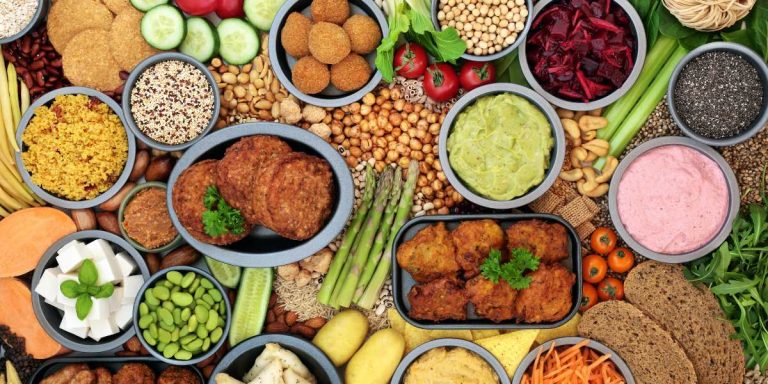What is Gluten and Why You Should Avoid It! + Over 100 Gluten-Free Recipes!
Find out what is gluten and why you should avoid it. Learn what are the symptoms related to gluten intolerance and how to eliminate gluten from your diet.
When it comes to our general health and fitness, it simply cannot be denied that the foods and drinks we consume on a daily basis, play a massive role in determining just how fit and healthy we actually are.
Nowadays, it is gluten that is under the spotlight and has become the hot topic of many a heated debate over the last several years, with the general consensus pointing to the fact that it should ideally be eliminated from our diets if we wish to enjoy optimal health and fitness.
But what exactly is gluten, why should we be avoiding it, and how can we avoid it? Well, let’s take a more in-depth look, shall we?
What is Gluten?
First and foremost we’ll take a look at what is gluten. Gluten is found in a selection of various foods and drinks and it has been a part of the regular human diet for several thousand years, which is quite a long time right? Well, not from an evolutionary standpoint. Gluten is basically the name of the natural proteins found in grains such as wheat, oats, barley, and rye etc.
Useful books
- The G-Free Diet: A Gluten-Free Survival Guide
- Living Gluten-Free For Dummies: Danna Korn
- The Complete Book of Gluten-Free Cooking
- Wheat Belly: Lose the Wheat, Lose the Weight, and Find Your Path Back to Health
Why should we avoid gluten?
You’re probably aware that many of the foods and beverages we see on store shelves every single day are made from ingredients which contain gluten, so why is it considered so harmful to us? Well, one of the main reasons for this is the fact that it can damage our guts, especially in individuals who suffer from gluten sensitivity or celiac disease.
When a person suffering from celiac disease consumes food or drink containing gluten, their immune systems actually attack their own bodies and attack their small intestines. This not only severely hampers nutrient absorption, it also causes a number of other extremely unpleasant side effects including:
- Fatigue
- Constipation
- Diarrhea
- Weight loss
- Weight gain
- Gas
- Stomach cramps
- Stomach bloating
- Abdominal cramps
- Nausea
- IBS
It isn’t simply people that have Celiac disease who pay the price when they consume gluten, however, as people can also suffer from gluten sensitivity, which can present symptoms which are very similar/almost identical, to those suffering of Celiac disease.
Gluten consumption has also been found to contribute towards other conditions including:
- Crohn’s disease
- Fibromyalgia
- Type 1 Diabetes
- Arthritis
- Ulcerative colitis
How can we avoid gluten?
As gluten is found in many everyday foods and drinks, avoiding it can be tricky, though far from impossible, here are a few tips:
- Read the ingredients labels of foods and drinks when you go shopping
- Look for gluten-free products in place of foods ordinarily containing gluten
- Take the time to learn which foods/products commonly contain gluten
- Don’t forget that many alcoholic beverages such as beer contain gluten, so always look for gluten-free alternatives.
- Be careful not to cross-contaminate foods I.E never prepare your food on a surface that has been used to prepare food containing gluten.
- Remember that you can still enjoy delicious gluten-free meals. Take a look at these delicious recipes and see for yourself.
Gluten-Free recipes here >>>
Photo sources: Dreamstime.com
If you make this, please leave a review and rating if you liked this recipe! ★★★★★






